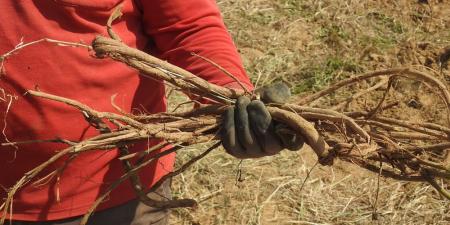
Objective:
Wild plant ingredients are in thousands of products we consume every day: pharmaceuticals, cosmetics, supplements and wellbeing products, food, spices, drinks and also homewares. Wild collection (WC) is an important economic activity for some of the most impoverished communities. In addition, it often takes place in important wildlife habitats and reservoirs of biodiversity. Then, WC activity is facing several environmental and social challenges. Different organisations are certifying this activity, but with different purposes.
Context:
Organic certification bodies may ensure that collection methods are sustainable and do not damage the ecosystem and natural yield of wild products. Other non-organic initiatives, like WHO guidelines on Good Agricultural and Collection Practices (GACP) for medicinal plants, mainly aims at quality control and safety. Furthermore, FairWild standard (FWS), initially based on the International Standard for Sustainable Wild Collection of Medicinal and Aromatic Plants (ISSC-MAP), covers responsible collection practices, legal and ethical requirements and responsible management and business practices.
Contacts:
Further information:
https://www.elsevier.com/journals/forest-ecologyand-management/03781127/guide-for-authors
https://www.fairwild.org/all-fairwild-participants/2019/3/12/herbes-del-moli
Anastasiya Timoshyna, Ling Xu, Zhang Ke (TRAFFIC). COVID-19—the role of wild plants in health treatment and why sustainability of their trade matters (Published 7th April 2020) https://www.traffic.org/news/covid-19-the-role-of-wild-plants-in-health-treatment/
International Trade Centre UNCTAD/WTO. Overview of World Production and Marketing of Organic Wild Collected Products. Geneva: ITC, 2007. vi, 91 p. Doc. No. MDS-07-139.E